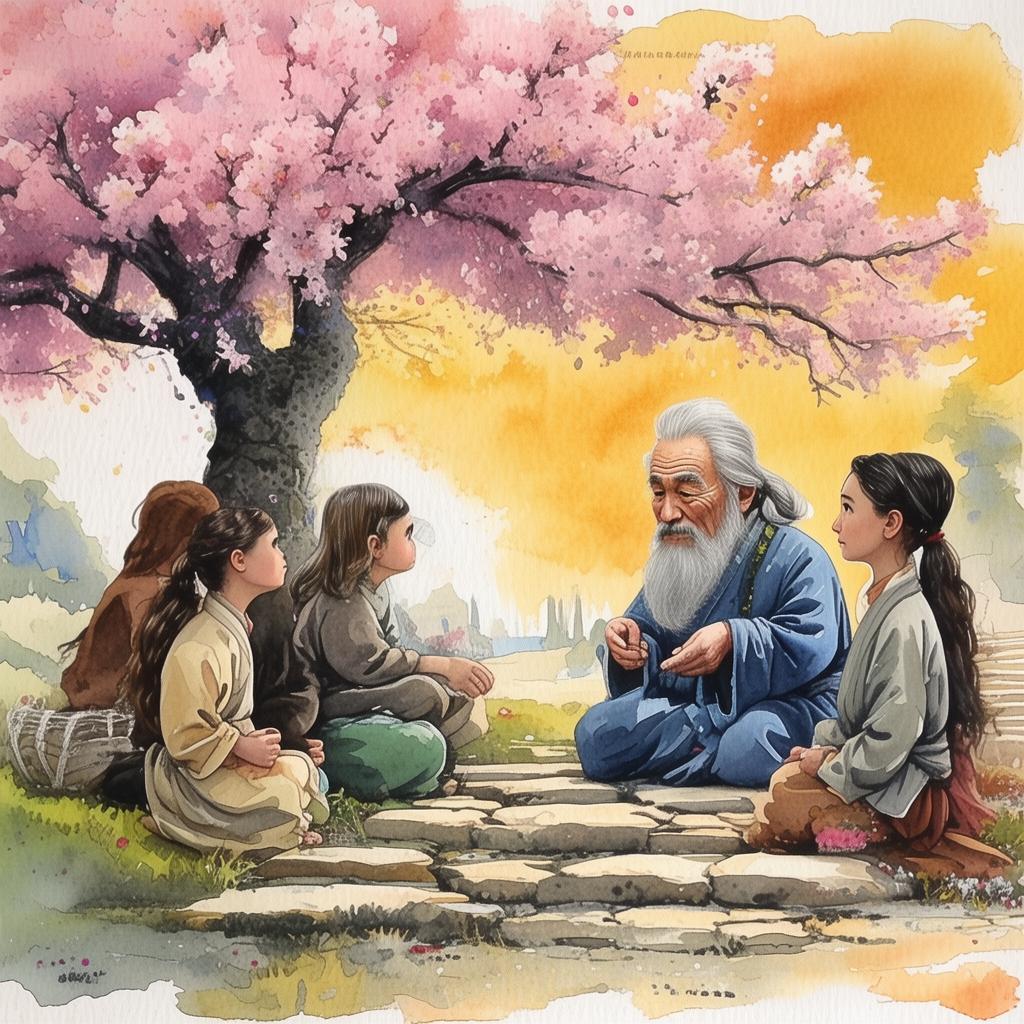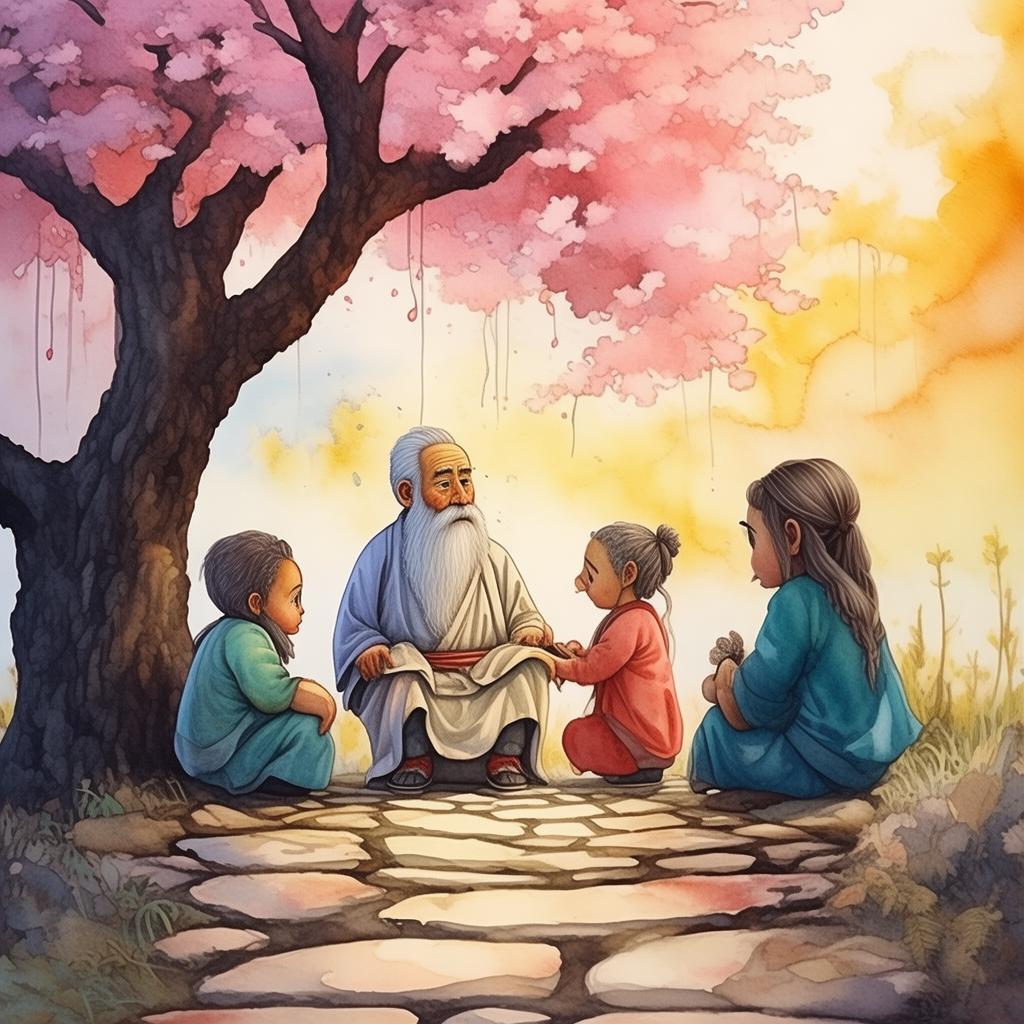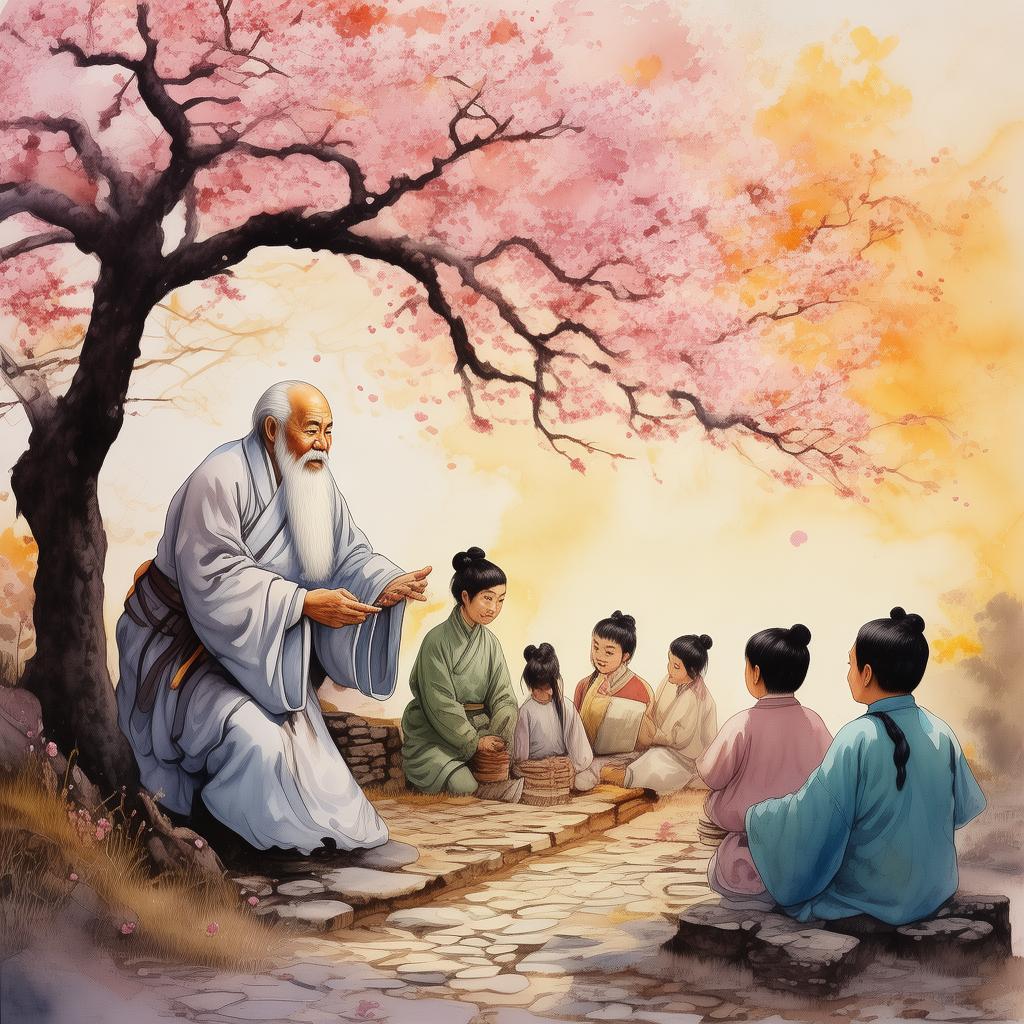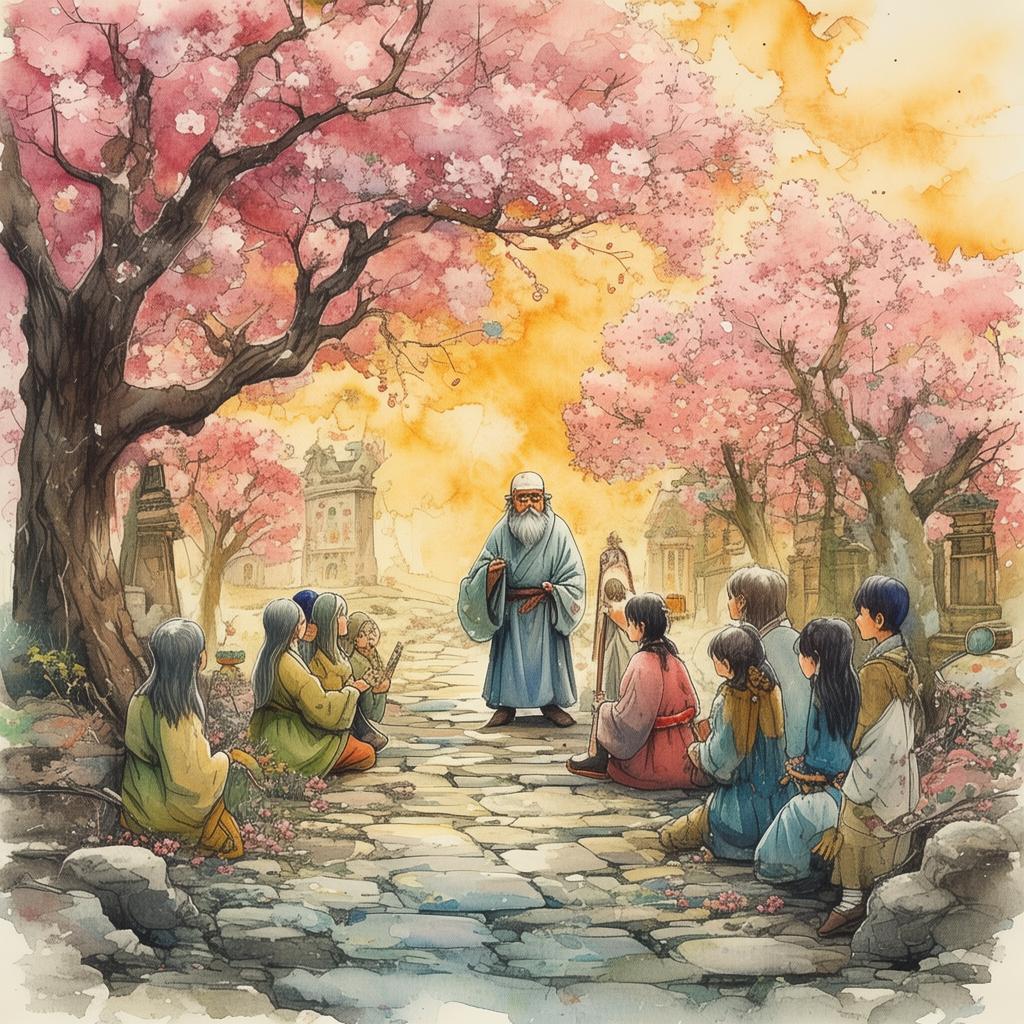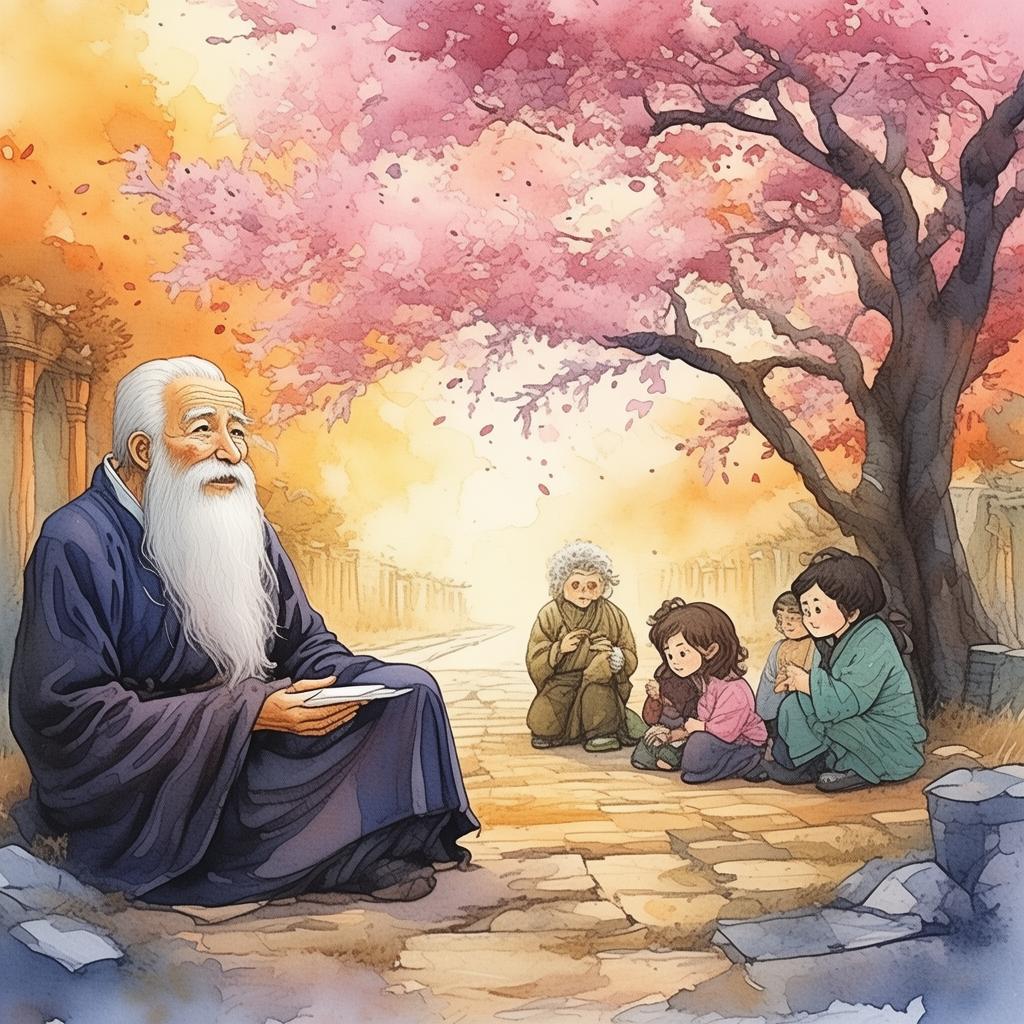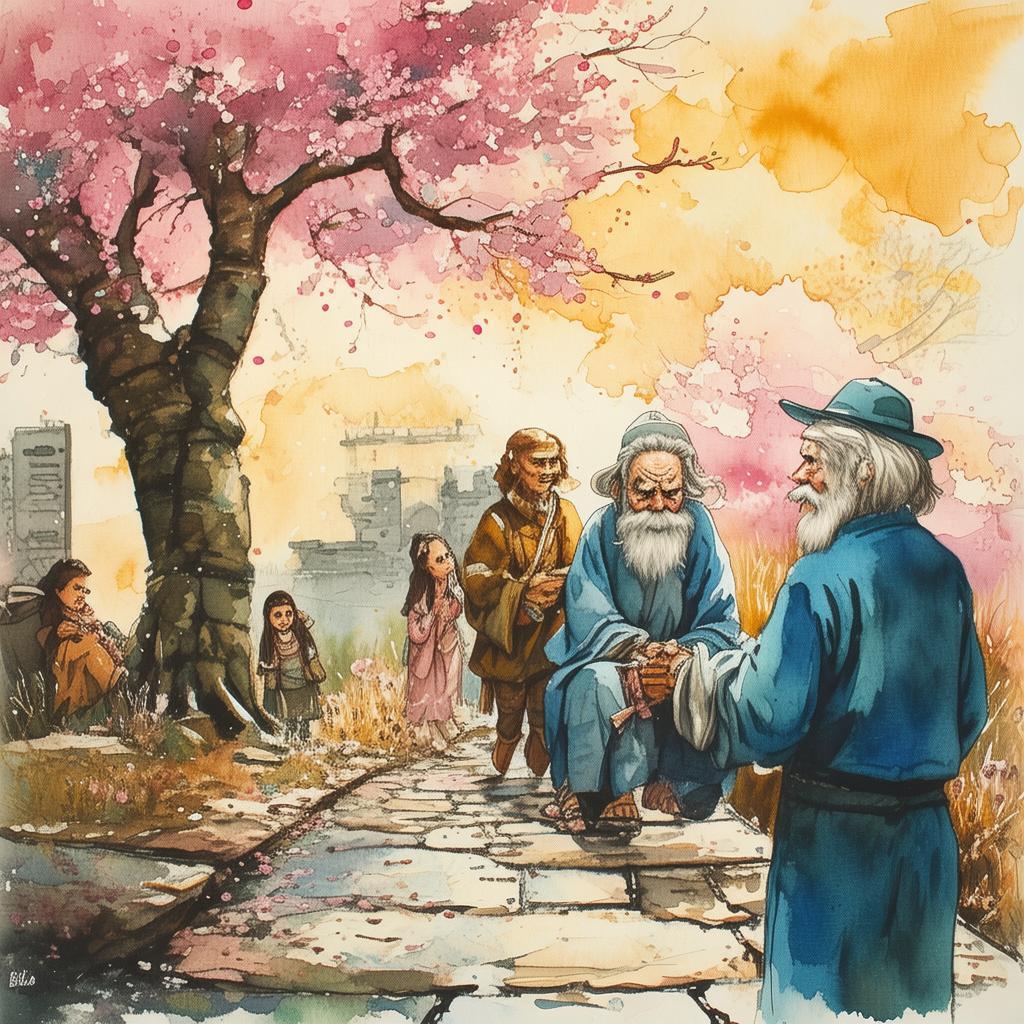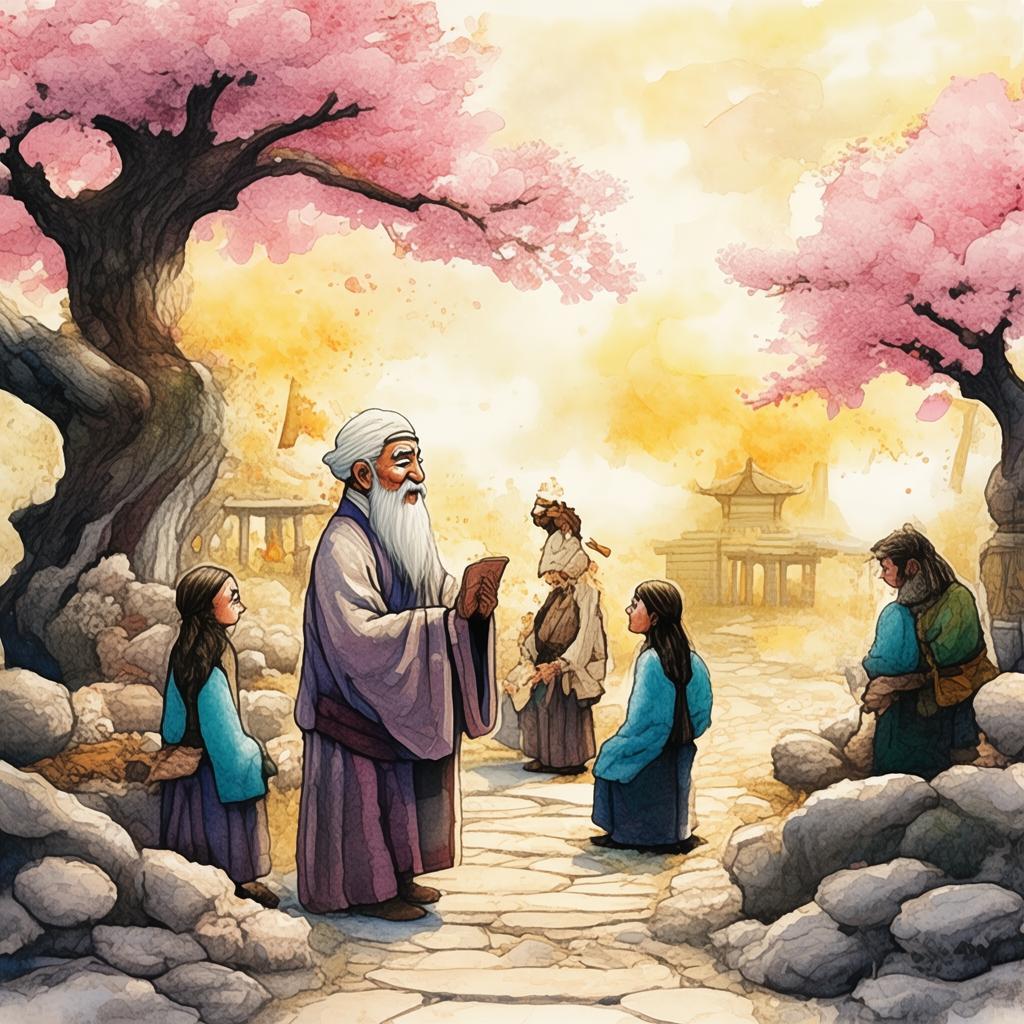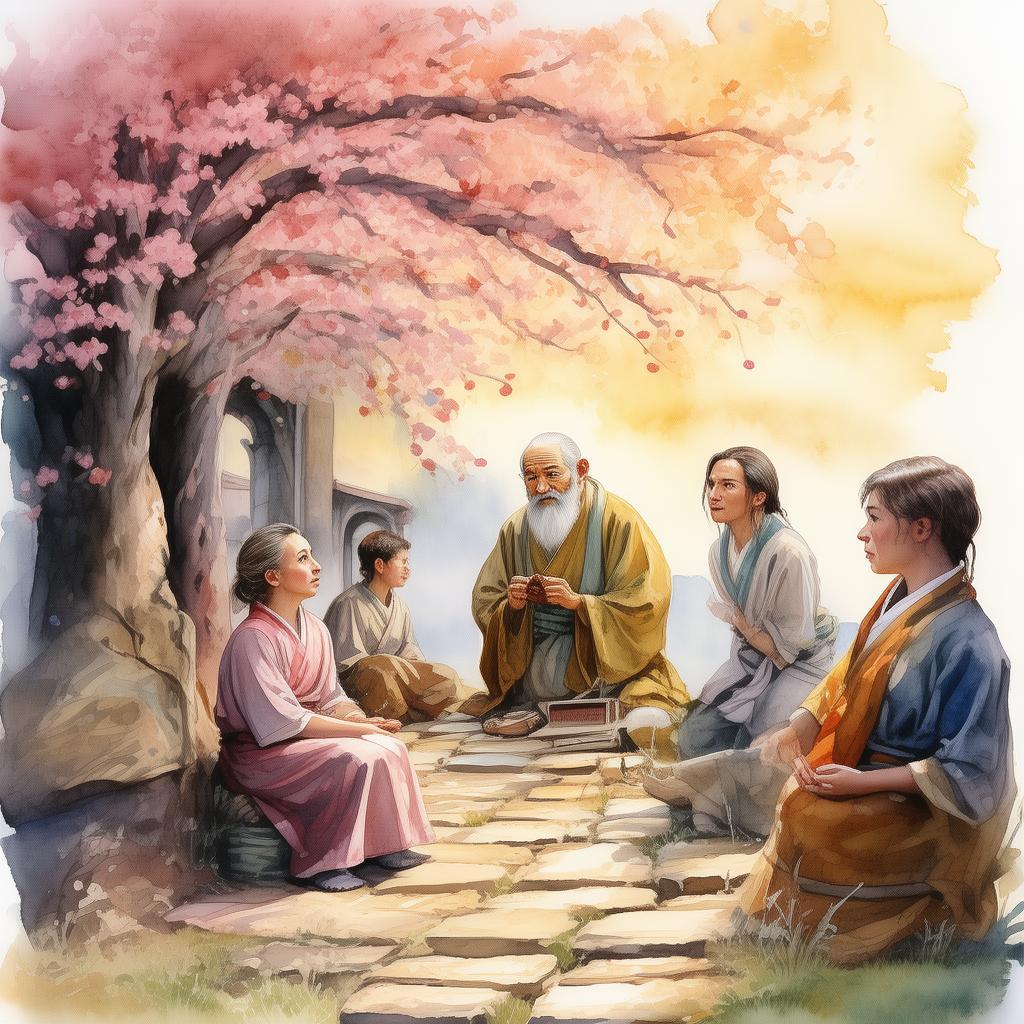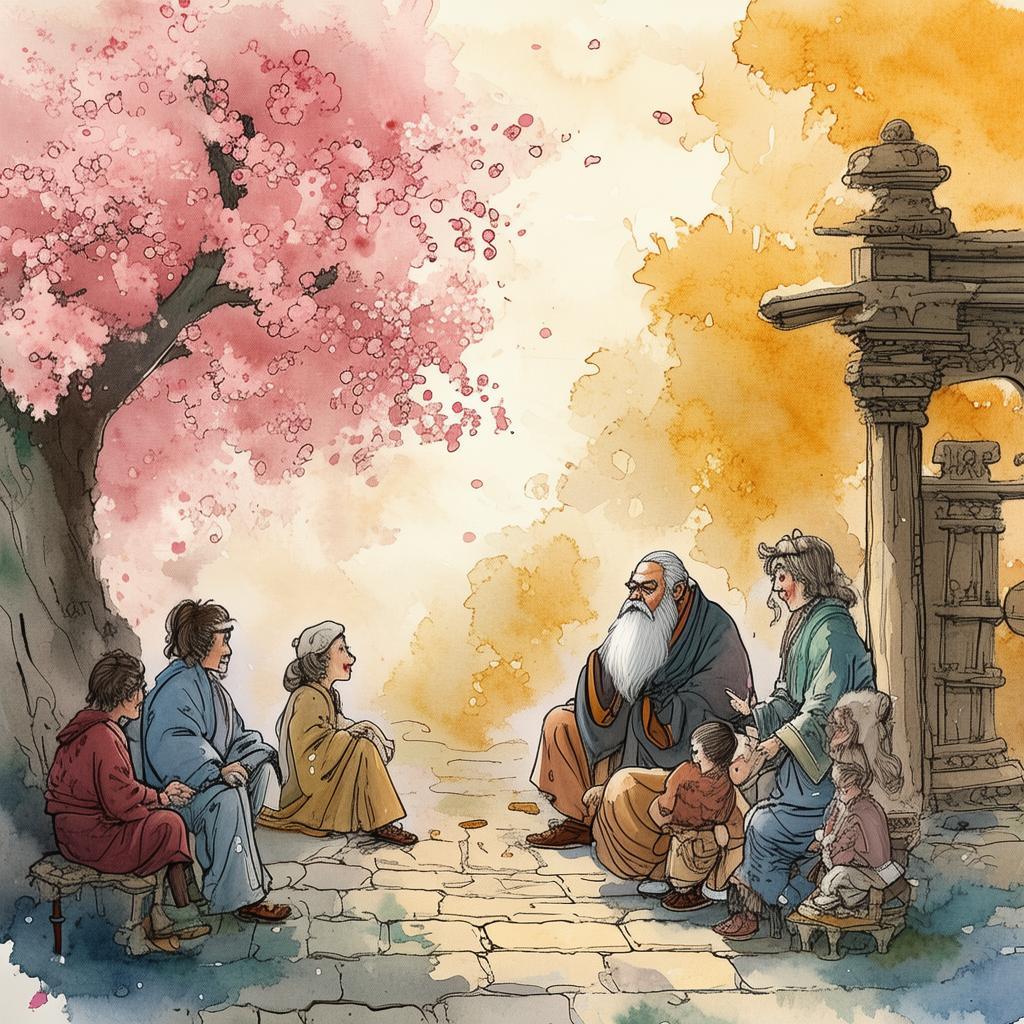The Rhyme of the Rising Moon: A Tale of Defiance and Verses
In the heart of the ancient Chinese empire, under the watchful gaze of an oppressive ruler, there lived a young poet named Ling. Ling's verses were like the whispers of the wind, carrying the hopes and dreams of the common folk. They were the voice of the people, a silent rebellion against the heavy yoke of tyranny.
The ruler, known as Emperor Qing, was a man of cold intellect and a fiery temper. He saw the power in the words of Ling and feared their potential to ignite a flame of rebellion. He issued an edict: no more verses would be spoken or written that could be interpreted as a threat to his rule.
But Ling, with a heart full of the spirit of the people, could not remain silent. He believed that the power of poetry was not to be contained by the iron fist of the emperor. He began to weave his verses into the fabric of everyday life, using the common language of the people to hide his message within the guise of innocent lullabies and riddles.
One night, as the moon rose in its full splendor, casting its silver glow upon the city, Ling stood atop the ancient pagoda, his eyes reflecting the light of the rising moon. He began to recite, his voice carrying on the breeze that danced through the streets below.
"The moon rises, high and bright,
Yet shadows cast by night.
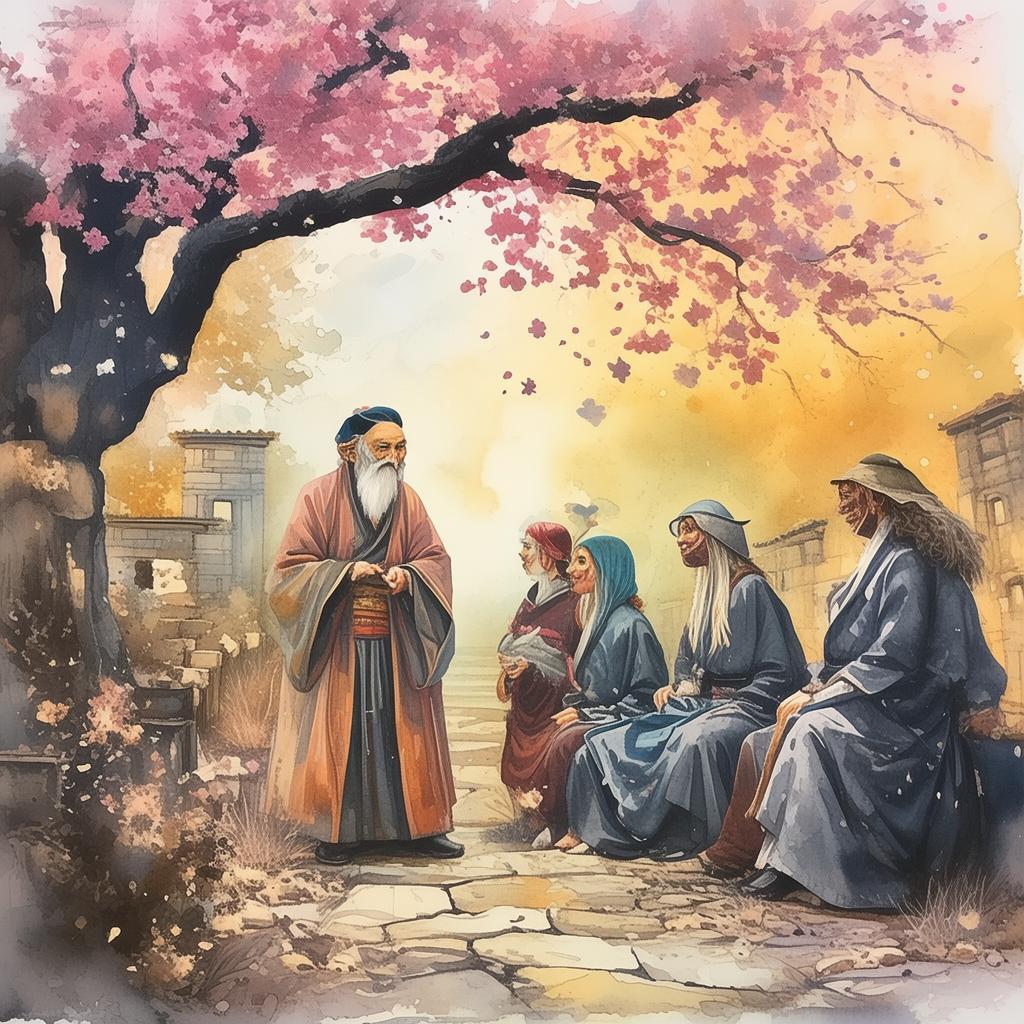
In every heart, a silent cry,
For freedom's light."
The people gathered, drawn by the sound of Ling's voice. They listened, their eyes wide with wonder and fear, for they knew that to be caught listening to such words was to court the emperor's wrath. But the words of Ling were like a balm to their weary souls, a promise of a future not bound by chains of fear.
The emperor, alerted by the stir of the crowd, sent his guards to find the source of the disturbance. They arrived at the pagoda just as Ling finished his recitation. They stood there, listening to the silence that followed, and in that silence, they felt the weight of the people's unspoken support for Ling.
The guards reported back to Emperor Qing, their faces a mixture of awe and fear. "Your Majesty," they said, "the people are with him. They have heard his words, and they believe in his message."
Emperor Qing's face turned ashen. He realized that the power of poetry was greater than he had ever imagined. It had the power to unite the people, to inspire them to stand up against the oppression that had long been their lot.
In the days that followed, the whispers of Ling's verses grew into a roar. The people, emboldened by the spirit of the poet, began to take action. They protested, they rallied, and they fought for their rights, all fueled by the words of Ling and the power of poetry.
The revolution was not without its cost. Many lives were lost, many hearts broken. But in the end, the people triumphed. The oppressive regime fell, and with it, the chains that had bound them for so long.
Ling, the poet who had started it all, was celebrated as a hero. His verses, once forbidden, were now sung and recited throughout the land. They were the testament to the power of the human spirit, the indomitable will to fight for freedom and justice.
And so, the story of Ling and the power of his verses became a legend, a tale of rebellion and rhymes that would be told for generations to come. It was a story that showed that even in the darkest of times, the light of hope could shine through, thanks to the courage of one man and the power of poetry.
✨ Original Statement ✨
All articles published on this website (including but not limited to text, images, videos, and other content) are original or authorized for reposting and are protected by relevant laws. Without the explicit written permission of this website, no individual or organization may copy, modify, repost, or use the content for commercial purposes.
If you need to quote or cooperate, please contact this site for authorization. We reserve the right to pursue legal responsibility for any unauthorized use.
Hereby declared.
